Beauty Tips, Leahlani Skincare
Hyperpigmentatie ontmaskeren: Donkere vlekken in de huid begrijpen en aanpakken
Hyperpigmentation is a ubiquitous skin condition where certain patches or spots on the skin appear darker than the surrounding areas. This discolouration occurs due to an overproduction of melanin by the skin cells, a process triggered by damage, injury, hormonal changes, or even genetic factors (yes, we’re talking about those charming freckles!). Common types of hyperpigmentation include:
- Ouderdomsvlekken of zonnevlekken: Dit zijn kleine, donkere vlekjes die meestal verschijnen op het gezicht, de handen en andere delen van het lichaam die vaak worden blootgesteld aan de zon. Ze komen vaker voor bij mensen boven de 50 omdat ze het gevolg zijn van oxidatieve stress door langdurige blootstelling aan UVA/UVB-stralen.
- Post-inflammatoire hyperpigmentatie: Dit type hyperpigmentatie is de donkere vlek die achterblijft op de huid na een verwonding of ontsteking, meestal veroorzaakt door acne of eczeem. Deze verkleuring is de natuurlijke reactie van de huid op een ontsteking en kan tot 24 maanden duren om te vervagen, afhankelijk van het huidtype.
- Melasma: Dit is een vorm van hormonale hyperpigmentatie die vooral bij vrouwen voorkomt, meestal tijdens de zwangerschap of bij het gebruik van anticonceptiepillen. Het verschijnt als grote, donkere vlekken op het gezicht, vooral op de wangen, het voorhoofd, de neus en de bovenlip.
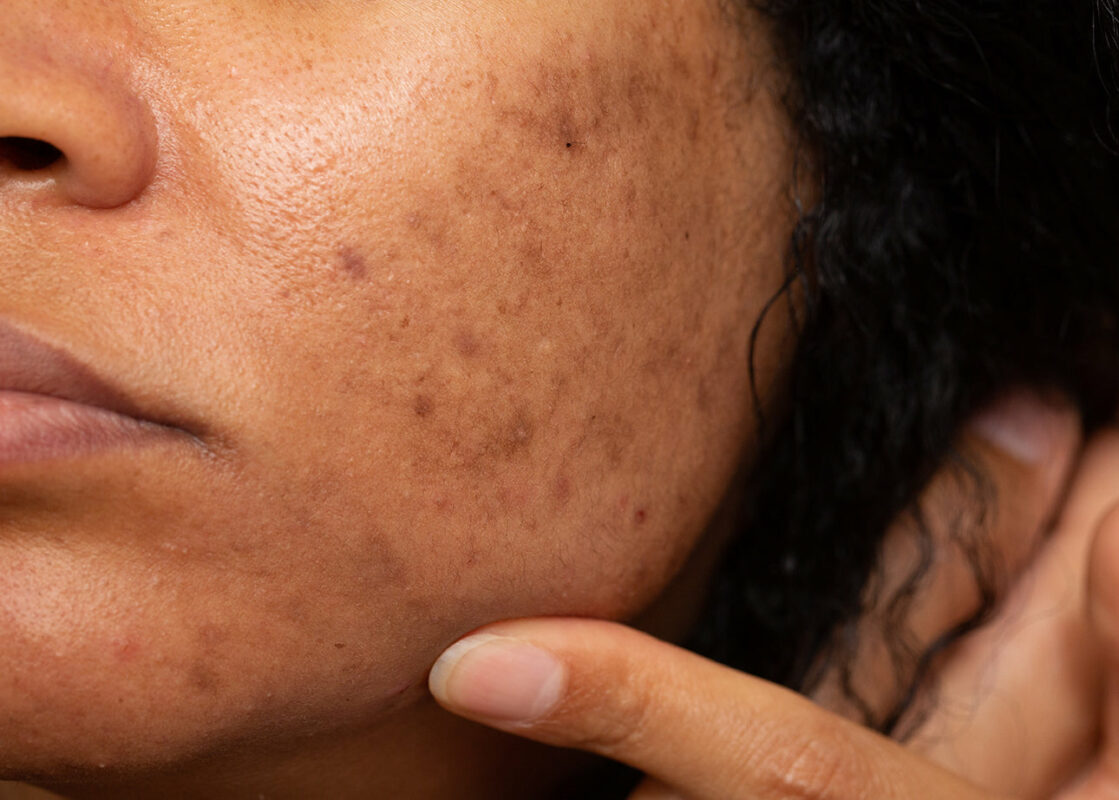
Effective Skincare Ingredients for Hyperpigmentation:
Patience is the name of the game when it comes to fading hyperpigmentation. Alongside maintaining consistency in your skincare routine and sun protection practices, consider these efficacious ingredients that can gradually fade dark spots, brighten your complexion, and harmonise your skin tone.
Patience is the name of the game when it comes to fading hyperpigmentation. Alongside maintaining consistency in your skincare routine and sun protection practices, consider these efficacious ingredients that can gradually fade dark spots, brighten your complexion, and harmonise your skin tone.
Retinoids
Retinoids expedite cellular turnover, thereby reducing hyperpigmentation. They encourage the shedding of old skin cells and stimulate the growth of new, evenly-pigmented ones.
Coenzyme Q10
Remarkably effective for treating post-inflammatory hyperpigmentation, CoQ10 minimises inflammation and oxidative stress on the skin — reducing future damage while facilitating the skin’s natural healing process.
Antioxidants
Antioxidants such as Vitamin C, CoQ10, Niacinamide, and Vitamin E shield the skin from damage caused by free radicals while offering protection from potential UV-damage.
AHAs
Alpha-hydroxy acids, known for their exfoliating properties, promote a more even skin tone by boosting cellular turnover. AHAs dissolve the bonds between dead skin cells, facilitating their shedding and promoting the production of new, evenly-pigmented cells.
Must-Try huidverzorgingsproducten voor hyperpigmentatie

Kalima Cleansing Powder
Deze poederreiniger is speciaal ontwikkeld voor PIH en bevat actieve vitamine C om de teint te verhelderen, kokosmelk om de huid te verzachten en guave + camu camu om de huidtint te harmoniseren en zachtjes te exfoliëren.

Aqua A Retinoid Renewing Serum
Aqua A zit boordevol ultrazachte HPR-retinoïden, met vitamine C verrijkte Kakadu pruimenolie en botanische antioxidanten. Het biedt volledige huidvernieuwing door de celvernieuwing te verhogen, de huidtint te verhelderen en bescherming te bieden tegen schade door vrije radicalen.

Siren Brightening Serum
Dit krachtige verhelderende serum bevat UV-beschermende duindoorn, vitaliteitverhogende microalgen en een botanische medley rijk aan vitamine C en A.

Mahina Evening Replenishing Elixir
Mahina is een vochtinbrengende avondcrème die de huid vernieuwt en bevat Co-enzym Q10 dat helpt bij het herstellen van schade door de zon en het versterken van de huid. Combineer Mahina + Siren voor een effectief nachtritueel!
Blijf ontdekken

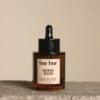

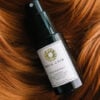


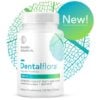
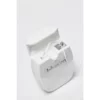


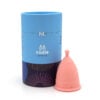

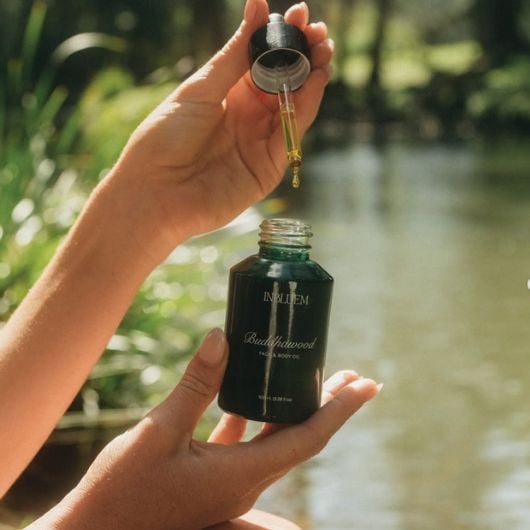













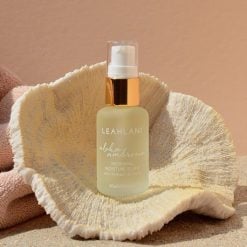
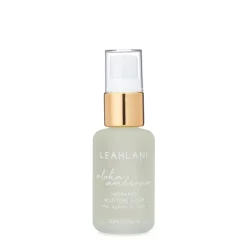


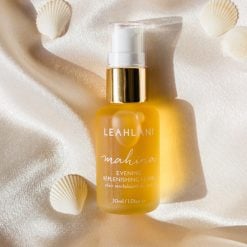
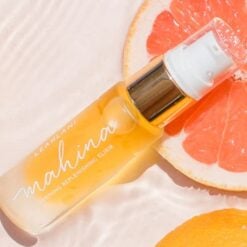


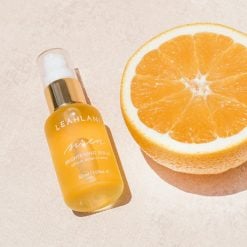
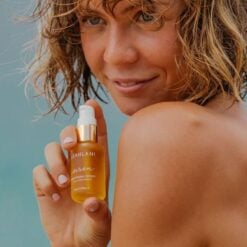
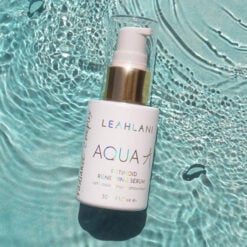
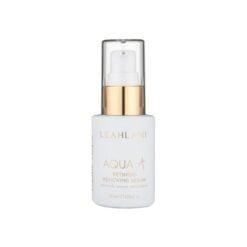


 Beauty Producten
Beauty Producten Merken van A-Z
Merken van A-Z Welzijn
Welzijn Gezondheid / Voeding
Gezondheid / Voeding